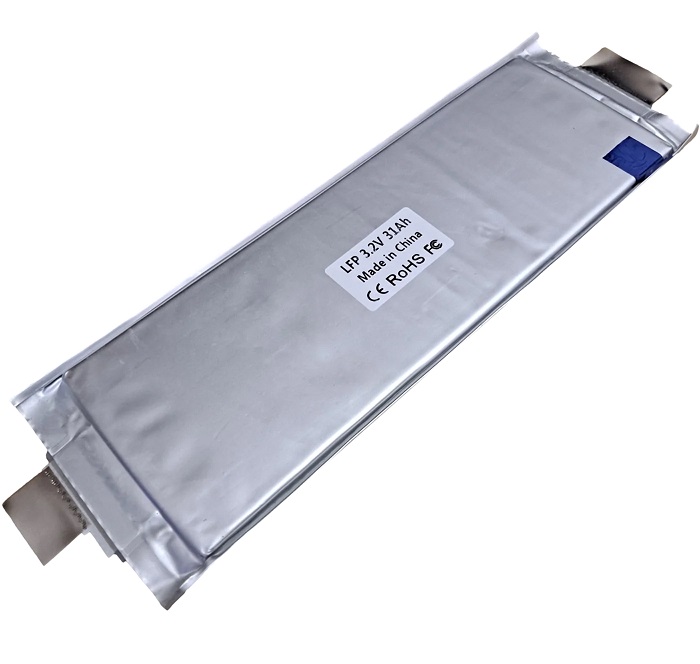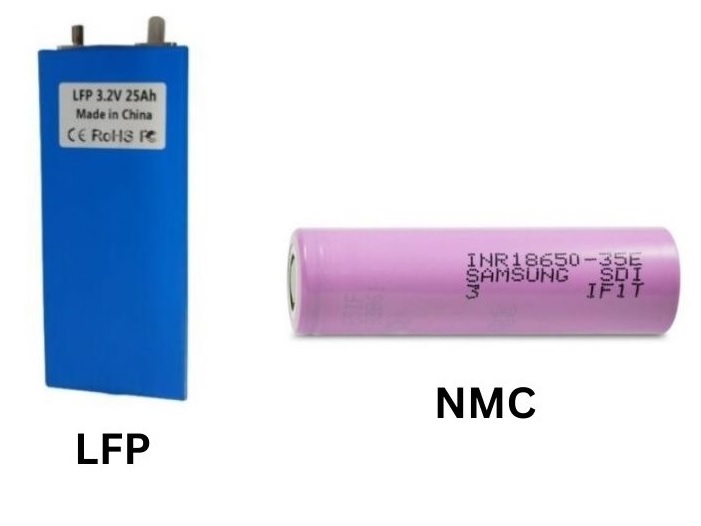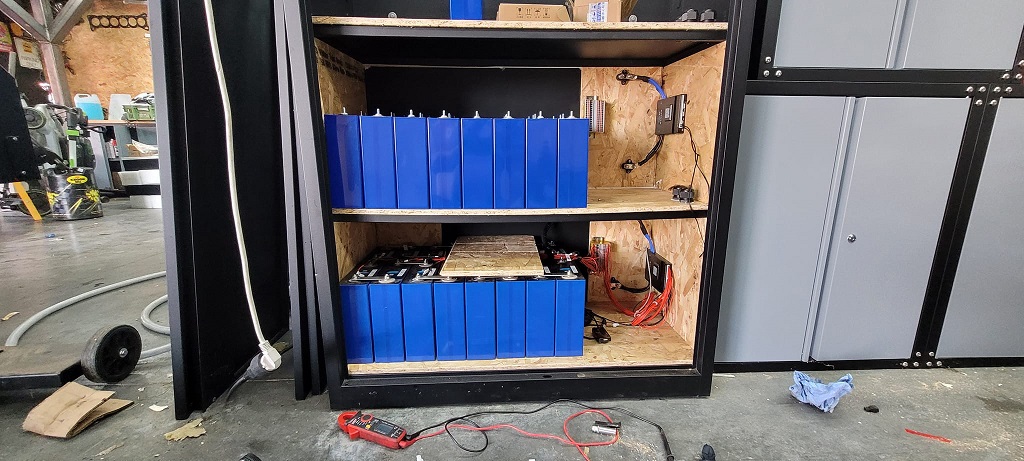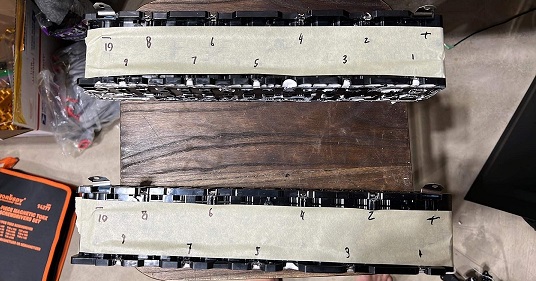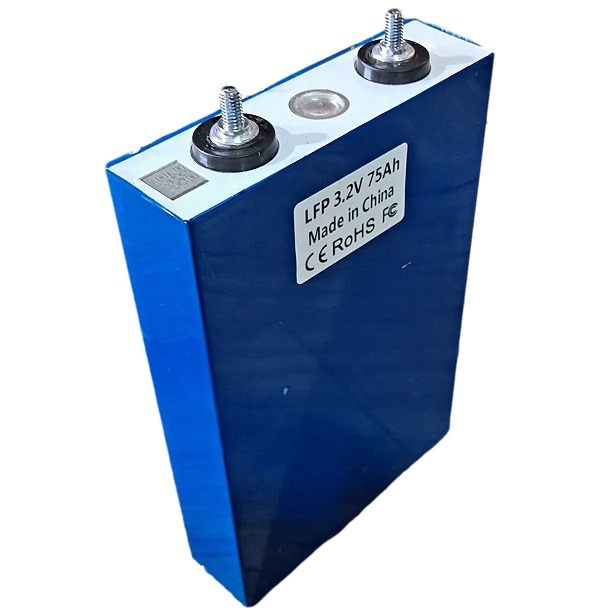
Where To Find Lifepo4 Batteries
Table of Contents
- Are Lithium And LiFePO4 The Same?
- How Many Years Will a LiFePO4 Battery Last?
- How Many Cycles Does A LiFePO4 Battery Have?
- Can LiFePO4 Batteries Catch Fire?
- Is LiFePO4 A Lipo?
- Are LiFePO4 Batteries Better?
- Can I use A Lithium Ion Charger On A LiFePO4 Battery?
- Why Is LiFePO4 So Expensive?
- Can I Leave My LiFePO4 Battery On The Charger?
- What Is The Life Expectancy Of LiFePO4 Batteries?
- What Can I Use LiFePO4 Batteries For?
Even if you have a lot of lithium-ion battery experience, lithium-Iron-phosphate batteries. also known as LiFePO4 batteries, are different from what you may be familiar with. This is because the type of battery that can be found in cell phones, laptops, and well, everything else is lithium-cobalt batteries. LFP batteries are much more stable than standard lithium-ion batteries and are much less prone to self-combustion.
In this article, we will discuss the differences between LiFePO4 batteries and their more common lithium cobalt counterparts. We will also discuss where to find LiFePO4 batteries and which applications are best to use them.
Are Lithium And LiFePO4 The Same?
Contrary to popular misconception, Lithium-Iron-Phosphate batteries are a subset of lithium-ion batteries. This means that LFP cells *are* lithium-ion batteries but not all lithium-ion batteries are LFP batteries.
This question is based on the misconception that LifePO4 batteries are not lithium-ion batteries. Remember, the L in LifePO4 stands for lithium. What you really meant to ask was, "Are lithium-cobalt and LFP batteries the same?" The answer is no. Lithium cobalt batteries have a higher energy density than LiFePO4 batteries. LifePO4 batteries, on the other hand, are much more stable and therefore much safer.
How Many Years Will a LiFePO4 Battery Last?
Generally speaking, LiFePO4 batteries will last about 5 to 7 years. Like standard lithium cobalt batteries, however, the number of cycles and the amount of load put on the battery is much more of a determining factor than time.
How Many Cycles Does A LiFePO4 Battery Have?
You can expect a LiFePo4 battery to make it through 5000 cycles or more before there is any degradation. That is quite significant when you think about it. Generally speaking, regular lithium cobalt batteries are only good for 500 cycles or so. While it is true that there are things you can do to increase the number of cycles you can get out of lithium cobalt batteries, you won't ever be able to bring that number up to 10 times its normal value.
Cycle life is one of the most important characteristics of a battery. So, as you would expect, having such a high cycle life is one of the best features of LiFePO4 batteries.
Can LiFePO4 Batteries Catch Fire?
Yes. Lithium Iron batteries are still extremely energy dense. If you release all the energy in the cell in an instant, it will catch fire. With that being said, LiFePO4 has a far higher chemical stability compared to lithium cobalt batteries. Also, lithium iron batteries produce significantly less heat during the charging and discharging process compared to other 'standard' lithium cobalt chemistries.
Is LiFePO4 A Lipo?
No. Lifepo4 is a cell chemistry that is found in prismatic cells, pouch (soft pack), and cylindrical cells. LiFePO4 does come in a pouch or soft pack format so be careful not to confuse the two.
Are LiFePO4 Batteries Better?
Well, that depends. If safety is more important to you than energy density, then yes, LiFePO4 batteries are better. If, on the other hand, your battery application is space or weight-constrained, then standard lithium cobalt batteries are better. LiFePO4 batteries have a much longer lifespan and are very safe.
They have a better charging efficiency, but they also have a lower cell voltage. This means you have to put more cells in series compared to lithium cobalt cells. Also, cost is a factor. LiFePO4 cells cost significantly more than their less safe, more energy-dense cousins.
Can I use A Lithium Ion Charger On A LiFePO4 Battery?
No. A standard cobalt-based lithium-ion battery cell has a fully charged voltage of about 4.2 volts and a dead voltage of around 2.6 volts. LiFePO4 cells, on the other hand, are dead at around 2.5 volts and fully charged at 3.65 volts.
Why Is LiFePO4 So Expensive?
Because they are new. Economies of scale make a major impact on the cost of a product. As LiFePO4 production ramps up, costs will come down. With that being said, even though LiFePO4 batteries are usually more expensive up front, they end up being the lowest cost in the long run. This is no surprise as they last around 10 times longer than standard cobalt-based lithium-ion cells.
Can I Leave My LiFePO4 Battery On The Charger?
Yes. Any lithium battery, LiFePO4 or not, must be equipped with a battery management system. The BMS will prevent the battery from being overcharged, among other things. The MOSFETs in a BMS can effectively remove the battery’s connection to the outside world when they are switched off. Because of this, it's totally safe to leave your LiFePO4 battery on the charger.
What Is The Life Expectancy Of LiFePO4 Batteries?
LiFePO4 batteries are commonly rated to last about 5,000 cycles. That is 10 times more than the 500 cycles that standard lithium-ion cells are rated for. In most applications, this works out to about a 10-year lifespan.
It's important to consider the fact that once this limit is reached, it does not mean that your battery pack is unusable. It simply means that it will be able to store less energy by the time these many cycles are reached. Generally speaking, it's about 70 to 80 percent capacity.
What Can I Use LiFePO4 Batteries For?
LiFePO4 batteries can be used for anything, but because of their cell voltages, they work particularly well for lead acid and AGM replacements.
Conclusion
Lithium-ion batteries are still quite new, so if you are wondering where to find LiFePO4 batteries, you will more than likely have to purchase brand-new ones and won't be able to harvest them from devices and machines in the same way you can for lithium cobalt cells.
